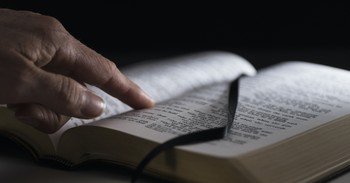Was the American Revolution Sinful?
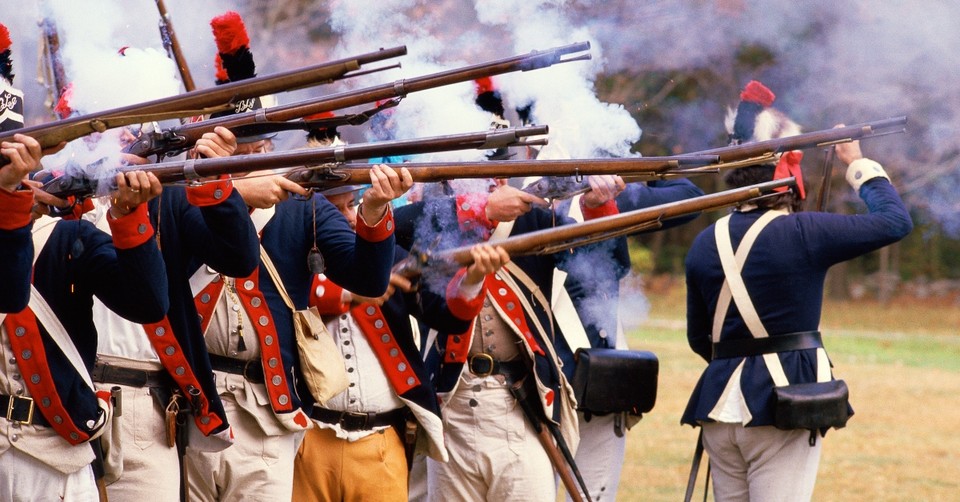
One of the great mysteries of this life that will be answered in eternity is how the delicate balance between God’s sovereign will and man’s free will act in balance toward the end of all things. The Bible is clear that God is in control, sovereign over the rise and fall of nations and empires. At the same time, men chose sin, evil, war, tyranny, and rebellion.
When trying to sort through this great question, we run up against one of the more complicated moments in history – the American Revolutionary War. When framed through the lens of standing up against tyranny, striving to create a nation based on rights, and seeing the Constitution through a Judeo-Christian framework, it seems appropriate and justified. But aren’t there verses about not rebelling against the authority God put in place? Is starting a war sinful?
By examining the historical records of what the colonists believed at the time, and looking at God’s Word, it is possible to unpack this complicated question.
Photo credit: ©Getty Images/VisionsofAmerica/Joe Sohm
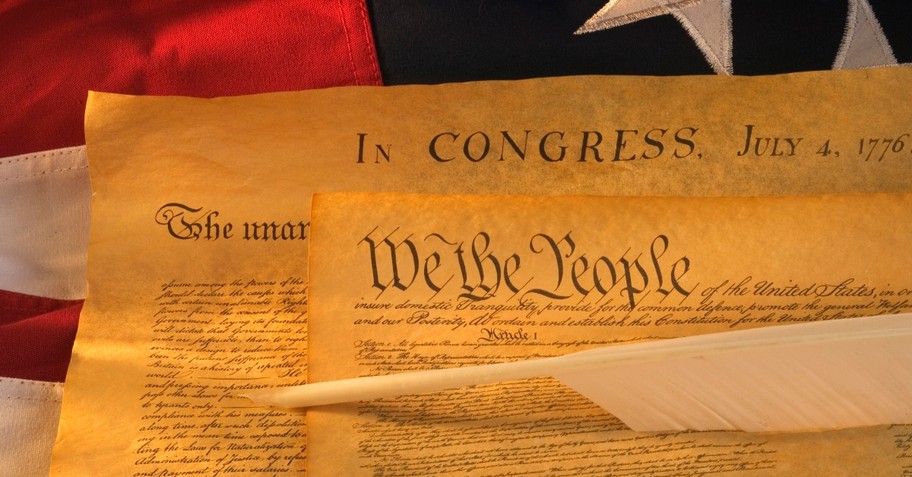
What Were the Causes of the American Revolution?
As we begin to analyze whether or not the American Revolutionary War was sinful, we must first unpack its causes. This war was not motivated for overtly religious reasons, but rather political ones.
Within the framework of the English Parliamentary system, members of the populace had the right to have their voices in Parliament by electing representatives to the House of Commons. This practice gave the common populace a say in the way they were governed, and crucially in the way they were taxed. The 13 colonies were settled by British citizens, though by ones that generally wanted to be further away from the control and influence of the British state and culture.
A broader European conflict called the 7 Years War spilled over into the French and English colonies in the Americas, with Native American tribes taking sides. To pay for the troops sent to the colonies during this conflict, the British Parliament taxed the colonists. However, at the time, the colonists paid taxes to the colonial governments where they had local representation. However, they were not represented in Parliament. Prior to 1764, the government across the Atlantic Ocean allowed the colonies to govern themselves.
As they implemented more taxes without giving the colonists a vote, the colonists felt their rights as English citizens were being infringed upon. When their appeals for representation in Parliament were ignored or denied, they declared themselves a nation independent of Britain, since in their eyes Britain forfeited its right to govern the colonies when they were denied their rights as Englishmen.
There are two ways to perceive the outcome of the war. One is that God blessed the Revolutionaries, as evidenced by their victory – which at time seemed miraculous – and the subsequent prosperity of America. Another perspective is that God had His hand off the outcome, and America implemented Christian principles and wisdom and succeeded by following those principles.
While it is impossible to know God’s exact will, the Revolutionaries believed Providence favored them and that was why they won.
Photo credit: ©Getty Images/Tetra Images
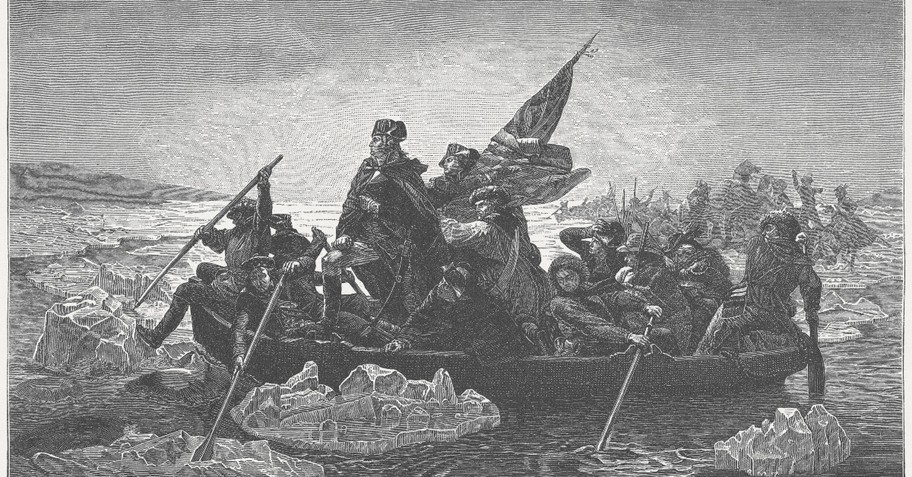
What Is Providence?
Providence is an interesting word, commonly used to refer to God, but also to His divine will and the force through which God exerts that will on earth. When reading the writings of the Founding Fathers, they often would refer to Providence as acting during the course of the war.
George Washington wrote, “By the all-powerful dispensations of Providence, I have been protected beyond all human probability and expectation; for I had four bullets through my coat, and two horses shot under me, yet escaped unhurt, altho' death was levelling my companions on every side." In the mind of the men and women during the Revolution, God was on their side.
Other mentions of Providence or God’s will as it relates to the war or the founding of America as a country by the Founding Fathers include:
Samuel Adams
“The right to freedom being the gift of God Almighty, it is not in the power of man to alienate this gift and voluntarily become a slave."
Benjamin Franklin
"Whoever shall introduce into public affairs the principles of primitive Christianity will change the face of the world."
“Here is my Creed. I believe in one God, the Creator of the Universe. That He governs it by His Providence.”
“Rebellion to tyrants is obedience to God.”
Alexander Hamilton
"For my own part, I sincerely esteem it a system, which, without the finger of God, never could have been suggested and agreed upon by such a diversity of interests."
Patrick Henry
“Three millions of people, armed in the holy cause of liberty, and in such a country as that which we possess, are invincible by any force which our enemy can send against us. Beside, sir, we shall not fight our battles alone. There is a just God who presides over the destinies of Nations, and who will raise up friends to fight our battles for us.”
James Madison
"We have staked the whole future of American civilization, not upon the power of government, far from it. We have staked the future of all of our political institutions … upon the capacity of each and all of us to govern ourselves … according to the Ten Commandments of God.”
George Washington
“It is the duty of all Nations to acknowledge the providence of Almighty God, to obey his will, to be grateful for his benefits, and humbly to implore his protection and favors.”
"Since we ought to be no less persuaded that the propitious smiles of Heaven, can never be expected on a nation that disregards the eternal rules of order and right, which Heaven itself has ordained: And since the preservation of the sacred fire of liberty, and the destiny of the Republican model of Government, are justly considered as deeply, perhaps as finally staked, on the experiment entrusted to the hands of the American people."
In the minds of the Founding Fathers, whether they were Christian or deist, they did believe that God and His Providential will were behind their efforts to separate from England and their victory.
Photo credit: ©Getty Images/ZU_09
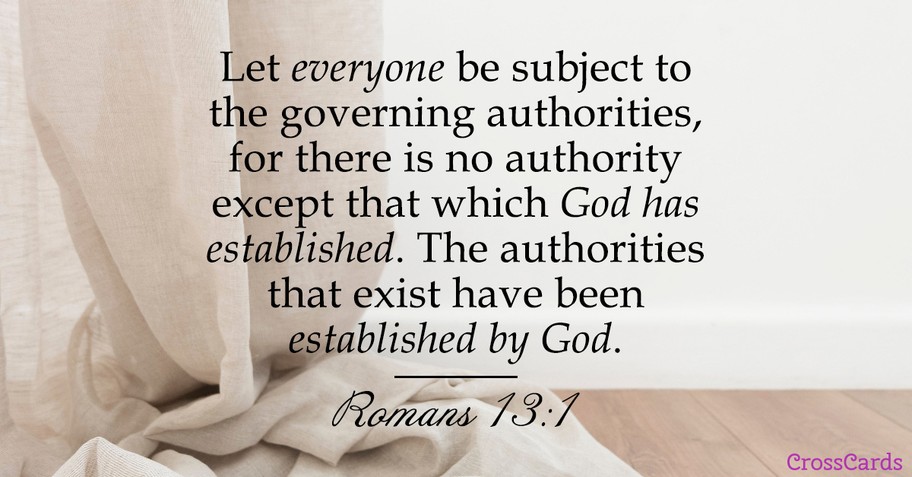
What about Romans 13?
There are several times in the Bible when it speaks about the right of the authority and the requirement of Christians to submit to authority (as long as they were not asking people to sin) and that God ordains authority.
“Let every person be subject to the governing authorities. For there is no authority except from God, and those that exist have been instituted by God. Therefore whoever resists the authorities resists what God has appointed, and those who resist will incur judgment. For rulers are not a terror to good conduct, but to bad. Would you have no fear of the one who is in authority? Then do what is good, and you will receive his approval, for he is God's servant for your good. But if you do wrong, be afraid, for he does not bear the sword in vain. For he is the servant of God, an avenger who carries out God's wrath on the wrongdoer. Therefore one must be in subjection, not only to avoid God's wrath but also for the sake of conscience. For because of this you also pay taxes, for the authorities are ministers of God, attending to this very thing. Pay to all what is owed to them: taxes to whom taxes are owed, revenue to whom revenue is owed, respect to whom respect is owed, honor to whom honor is owed” (Romans 13:1-7).
Out of context, it would seem the American Revolutionary War was sinful. One element to keep in mind is that Paul also makes it clear that God appoints authorities for purposes. The government exists to uphold civility, justice, and create social cohesion. In the colonies, the local, colonial governments were doing those things. When the arm of British authority began to exert itself in the Americas after 1764, those things were disrupted. The British crown and Parliament were no longer behaving as a God-ordained government.
While it is important for Christians to submit to authority, during the time of the American Revolution, the colonists had legitimate grounds to believe their God-given rights, which did have basis in English civil and common law as well as philosophy, were being violated and therefore the government lost its right to rule in the colonies, where it no longer served its purpose.
Photo credit: SWN

Did God Intervene for the Americans during the War?
There were events some during the American Revolutionary War which the people considered miraculous interventions from God. These moments included:
- A sudden storm in 1776 strengthened the American position commanding movement in and out of Boston Harbor, which led to the British troops evacuating Boston. “This remarkable Interposition of Providence is for some wise purpose, I have not a doubt.” (George Washington)
- The Intervention of the Marquis de Lafayette and the Baron von Steuben, whose political influence and military assistance strengthened the colonial army as well as their credibility abroad.
- The arrival of the French Fleet at the Battle of Yorktown, the decisive final battle of the war, was deemed miraculous by multiple people. The winds changed unexpectedly overnight which allowed the French to resupply the Americans with troops and supplies, outgunning the British General Cornwallis and leading to his surrender. “Who but God could have ordained the critical arrival of the Gallic fleet, so as to… assist… in the siege of Yorktown?” (Ezra Stiles)
These are just three examples of many that are recorded where the colonists and revolutionaries credit God with the victory of the American Revolution.
Was the American Revolution Sinful?
The world will always be morally complicated as long as sin has a hold. It is under the influence of Satan until Jesus Christ returns to rule and reign. While the American colonists did push back against the authority over them, it was not rebellion for the sake of rebellion, which the Bible says is like witchcraft. Instead, it was politically motivated by the fact that they had local governments fulfilling the Biblically ordained role of governmental authority, and the British government was both denying their rights and actively creating the injustice and chaos they were supposed to uphold.
The American Revolutionary War was not sinful. While the history of the United States has been complicated, and as a nation it has not always behaved in a manner that is pleasing to God, it was begun with the intention to be a nation that honored God. The United States has spent the centuries living up to its creed of life, liberty, and the pursuit of happiness.
Related:
Is It Correct to Say That America is a Christian Nation?
Does the Bible Justify War?
Sources
Grudem, Wayne. Politics According to the Bible. Grand Rapids: Zondervan, 2010.
Kidd, Thomas S. God of Liberty: A Religious History of the American Revolution. New York: Basic Books, 2010.
Spivey, Larkin. Miracles of the American Revolution: Divine Intervention and the Birth of the Republic. Xulon Press, 2004.
Stringfellow, William. Conscience and Obedience The Politics of Romans 13 and Revelaiton 13 in Light of the Second Coming. London: Wipf and Stock Publishers, 2004.
Photo credit: Unsplash/Aaron Burden
Originally published July 01, 2025.


